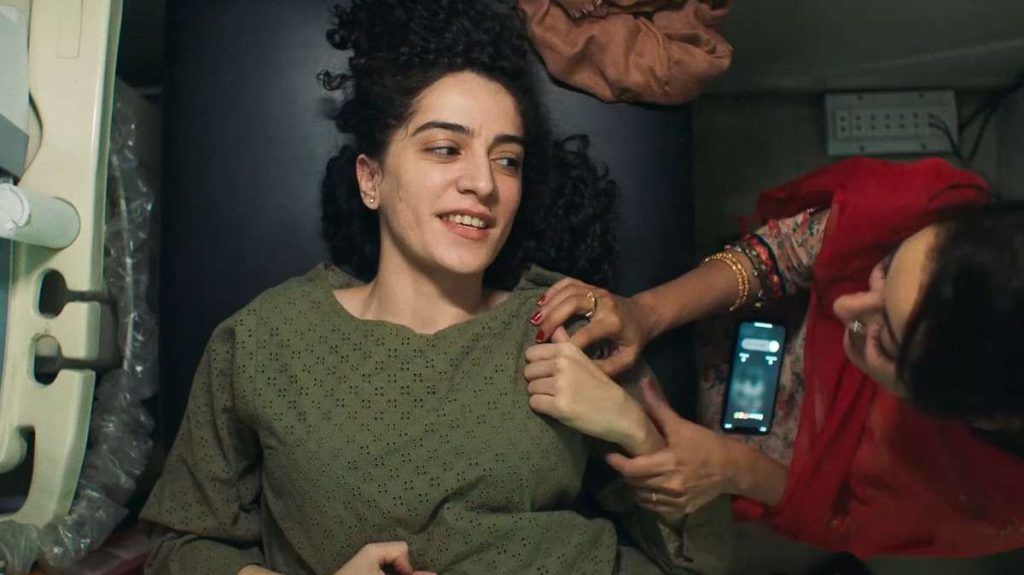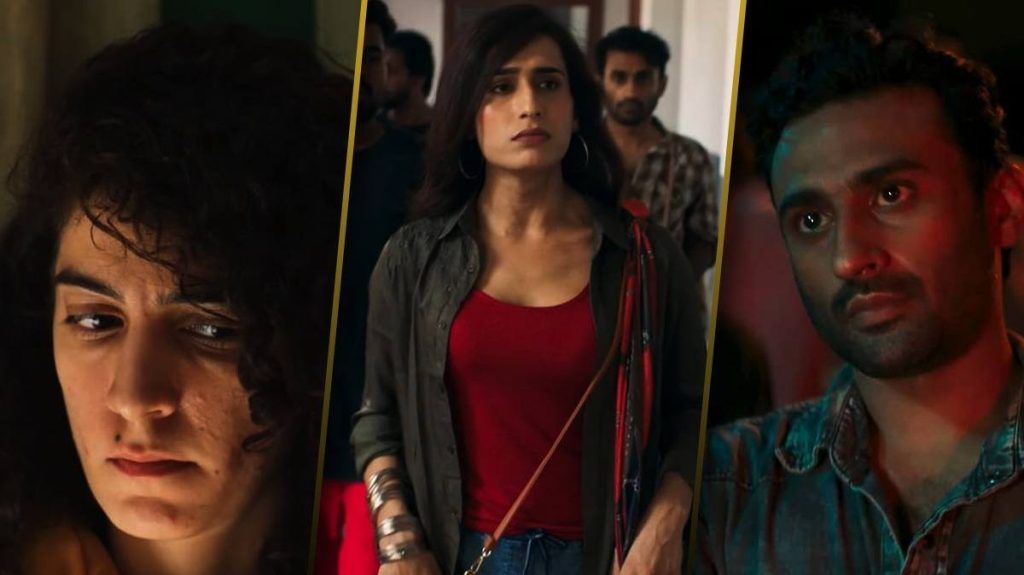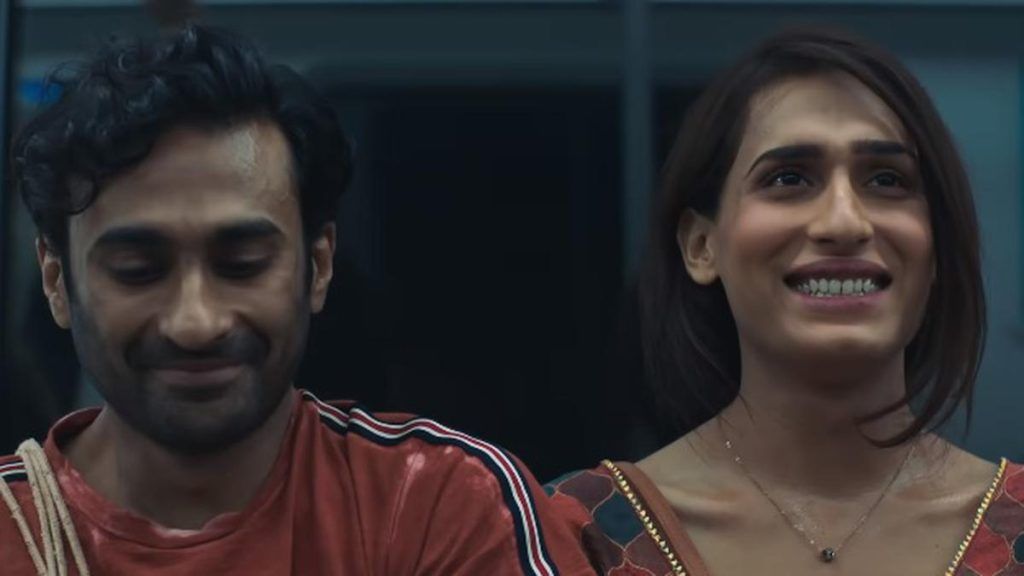By delving into the intricacies of human emotions, societal expectations, and repressed desires, Saim Sadiq’s debut feature film, Joyland, emerges as a masterful narrative that captivates both the heart and the intellect.
Set in Lahore, yet resonating universally, Joyland explores the interwoven lives of a conservative family grappling with societal norms, gender roles, and their consequences. At its core, the film examines the dichotomies of modern patriarchy—where progress coexists with entrenched traditional values—and how this conflict affects human dignity and relationships.
Rana Sahib (Salmaan Peerzada), the patriarch, seeks a male heir in a society that still values sons over daughters. His two sons, Saleem (Sameer Sohail) and Haider (Ali Junejo), navigate this expectation in contrasting ways. Saleem’s silent acceptance of his fourth daughter highlights a new facet of patriarchy, while Haider’s tender disposition and journey of self-discovery form the crux of the narrative.
Haider’s reluctant employment as a backup dancer in a Bollywood-style troupe, led by the charismatic trans starlet Biba (Alina Khan), becomes a pivotal turning point. His growing infatuation with Biba and their complex relationship unravel the fluidity and vulnerabilities of gender and sexuality. Haider’s discovery of his desires contrasts starkly with the suppressed longings of his wife Mumtaz (Rasti Farooq), who is forced into domesticity to accommodate his new role.
Mumtaz’s internal conflict and eventual descent into isolation poignantly illustrate the cost of societal expectations on women. Her camaraderie with her sister-in-law Nucchi (Sarwat Geelani) provides fleeting moments of solace but ultimately underscores the limitations imposed on them.

Joe Saade’s immersive cinematography paints the emotional tensions with vivid strokes, capturing the characters’ struggles in stunning visual detail. From the muted hues of Haider and Biba’s scooter rides to the fleeting joy of Mumtaz and Nucchi on a Ferris wheel, every frame pulsates with meaning. The latter scene, symbolic of fleeting freedom, marks the impending tragedy that defines the essence of Joyland—a tale where joy becomes resistance against oppression.
Without resorting to overt preachiness, Joyland critiques patriarchy, queer marginalization, and societal hypocrisies. The backdrop of Pakistan’s Transgender Persons (Protection of Rights) Act adds a layer of contemporary relevance. Biba’s character, portrayed with raw vulnerability by Alina Khan, represents resilience against a society that commodifies and ostracizes her in equal measure.
The film’s title is both ironic and profound. The amusement park, a momentary escape for its female characters, serves as a metaphor for the fleeting and illusory nature of happiness in their lives.The cast breathes life into the nuanced script. Ali Junejo and Alina Khan’s performances bring depth to Haider and Biba’s fraught relationship. Rasti Farooq’s portrayal of Mumtaz stands out, capturing the tangible pain and unfulfilled desires of a woman trapped in a world that refuses to see her as more than a supporting act.

Joyland is a rare cinematic achievement that blends craft with compelling storytelling. It is a melancholic yet hopeful exploration of societal transitions, human vulnerability, and the quiet acts of resistance against repressive norms. Long after the credits roll, Sadiq’s poignant tale leaves its audience reflecting on the fragility of human connections and the enduring quest for self-expression and freedom.
This is a film that transcends borders and resonates universally—a true masterpiece of modern cinema.











